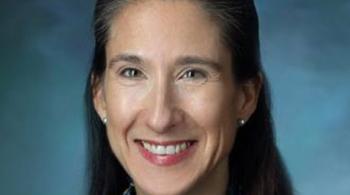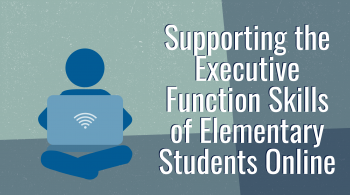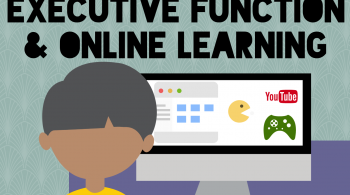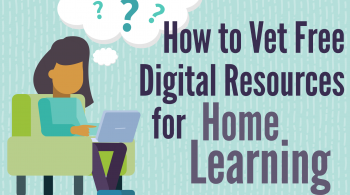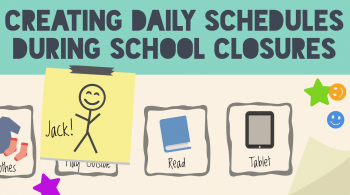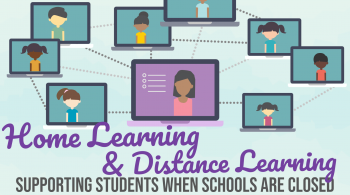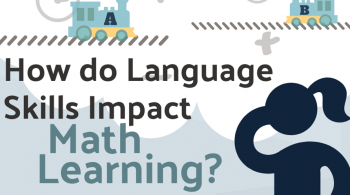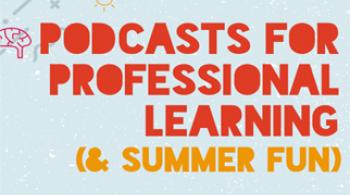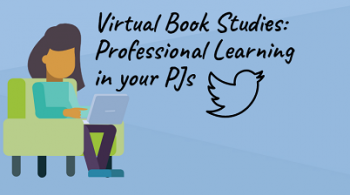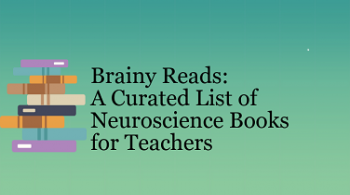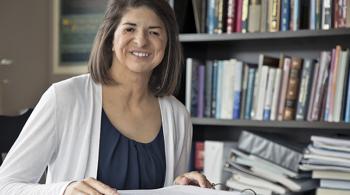June 14, 2016
CILSE Education Consultant, Lisa Carey, MA, sat down with Dr. Lisa Jacobson, KKI Neuropsychologist and CILSE Core Faculty, to discuss Universal Design for Learning (UDL) from the perspective of a neuropsychologist.
LC: Dr. Jacobson, you recently presented about UDL and the school psychologist at the National Association of School Psychologists (NASP) conference. Can you explain why you think it is important for psychologists to know about and understand UDL?
LJ: UDL provides a framework for working with individuals who learn in different ways. This is important for psychologists because the framework addresses students with disabilities, as well as students who have yet to be diagnosed and students who do not not qualify for a diagnosis. Students who need extra support, for any reason, can access the curriculum and provide their answers in a variety of different ways. By providing options for students to take in, retrieve, and demonstrate new learning, the framework is a tool that, from a psychologist’s perspective, helps us to articulate the best ways fora child to be taught, access information, learn, and demonstrate their knowledge most effectively. That varies by learner.
Barriers to learning might be a cognitive concern, or an emotional, affective, concern. UDL takes both of these barriers into account and helps teachers to develop instruction to address the many needs of students. For example, a student may need help with vocabulary development, or they may need help with their emotions or their motivation. UDL can help teachers design instructional options that can support students and help them feel comfortable learning.
LC: Within your own clinics and across the Kennedy Krieger Institute Neuropsychology Department, you have been encouraging the use of the UDL guidelines within patient reports. Why do you see the use of UDL as a potential benefit to patients?
LJ: Not all psychologists have experience within the school system –at least, not since they were students themselves. Many psychologists are trained clinically: they are good diagnosticians, they are good assessors, but they may have less familiarity with the curricula, IDEA, or the general education setting accommodations and support options that are available. What is nice about UDL –in terms of applicability to our practice-- is both the structure of the framework and its accessibility. There is information online and in various other places, so psychologists can easily access detailed information about UDL. Also, the way that the framework is informed by the science of how people learn and uses specific instructional language provides us with a common language with which to talk to teachers. We can use the framework to describe how a child’s specific support needs can be addressed within the classroom. When you look at the supports included in the UDL guidelines, they map very nicely onto the identified difficulties many of our patients have. To go back to the example I used before, if you have someone who is struggling with reading or vocabulary knowledge and who is really struggling to access written text, there is a very nice match –a direct link to some of the options already identified with the UDL framework and its accompanying resources. In some places, like in Maryland, UDL is mandated, while in other places it is recommended, this is probably a framework teachers are familiar with. We can use this to map the findings a psychologist might describe in a patient report onto the UDL guidelines in order to provide specific recommendations to the schools in a language that we can both speak.
LC: The UDL framework is based, in part, on neuropsychological research. What benefits do you see in educators and school-based service providers learning more about the brain and learning?
LJ: There are lots of benefits! I think one of the mistakes we make in popular press is to either think that the brain is a magical black box and we have no idea how learning works, or to have many beliefs about the brain and learning that are not scientifically based. You’ve covered the issues with neuromyths in past blogs. By encouraging teachers to understand more about neuroscience, how children actually develop in terms of their brain and their behavior, and the connections to classroom skills, that the UDL framework can facilitate a better understanding of how to adjust instructional methods to help individuals learn. Taking a more neuropsychological approach, we can conceptualize a child’s skills relative to brain growth and development at that point. For example, we say, “What types of skills have to come online before a child can integrate information and make inferences about what they are reading? Ensuring educators have a more neuroscience-informed understanding of learning and development can them to approach instructional practice in a more developmentally appropriate way. We can think carefully about how children learn and how we should be supporting learning at any particular developmental point, whether that is pre-school, middle school, or beyond.
LC: Do you have any final thoughts about UDL and the role of psychologists in UDL?
LJ: There is currently a separation between regular education and special education. One of the important things I hope people can think about in looking at UDL is that differences in learning are in everybody, it’s the universal in UDL. It’s not about being identified as having a disability – everyone should get the supports and options they need. All of us prefer to use information or access information in different ways. Ways that are easier for us. Some people like to read on paper, some people like e-readers, and others like large desk top screens or other technologies for accessing text or information. You do what works for you. When you’re an adult, you have that privilege and ability. But, when you’re a kid, you don’t. We need to be thinking about what would make every child most comfortable and most successful. Let’s make the curriculum responsive and accessible for kids and give them the same options we take for granted as adults.


